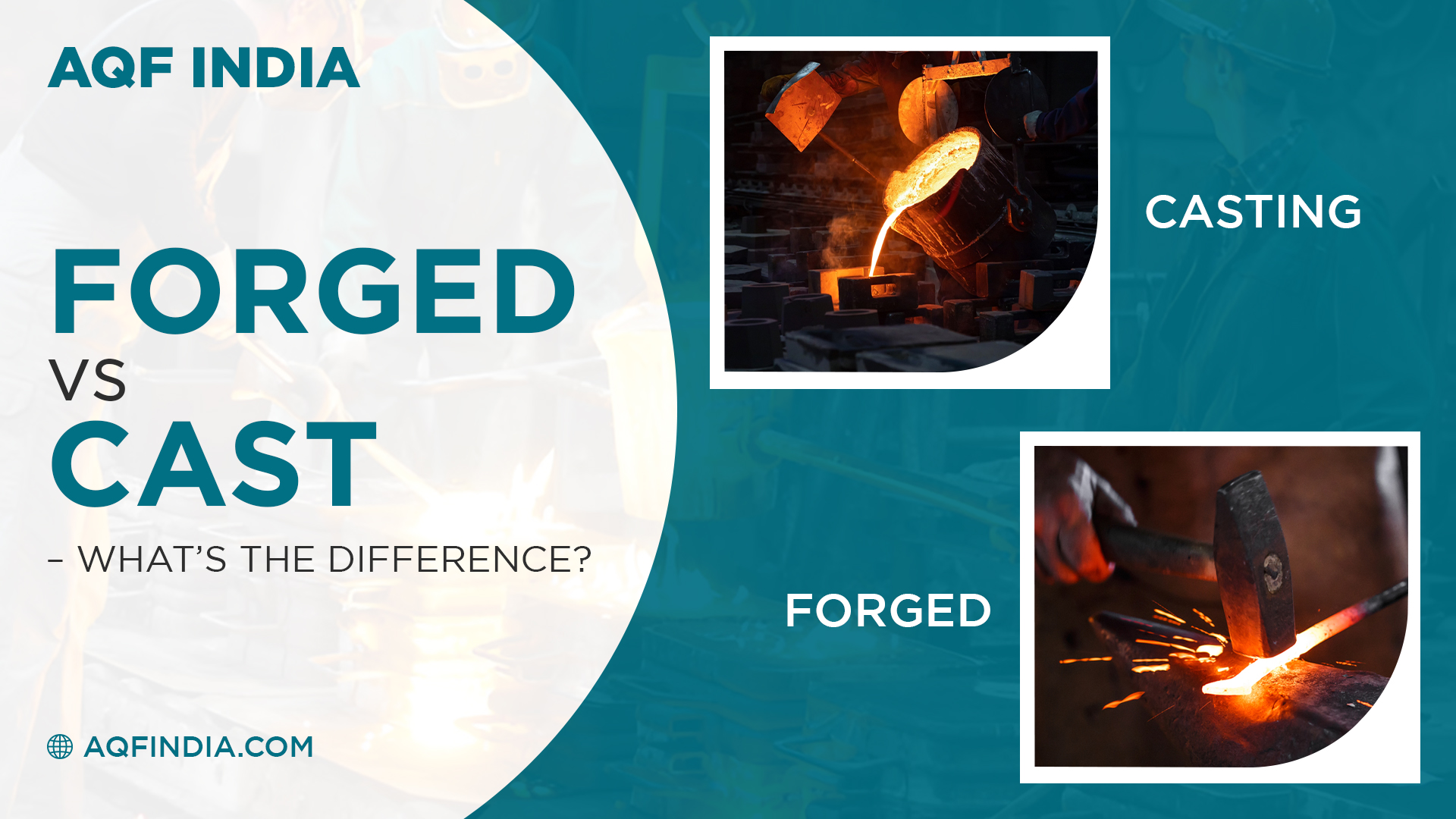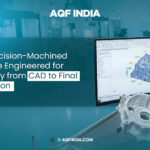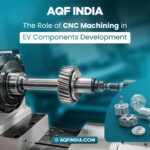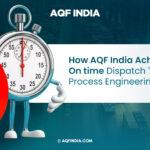In the world of manufacturing, the terms “forged” and “cast” often come up when discussing metalworking processes. Both methods play a critical role in creating high-quality metal components, but they differ significantly in terms of process, material properties, and applications. Understanding these differences can help industries make informed decisions about which technique to use.
If you are exploring advanced manufacturing solutions, especially from a CNC company in Coimbatore, this blog will guide you through the key distinctions between forged and cast components. Let’s dive in!
The Forging Process
Forging involves shaping metal by applying compressive forces. This process is typically carried out by hammering, pressing, or rolling the material at high temperatures. The high pressure and controlled environment enhance the metal’s structural integrity.
Advantages
● Superior Strength: The compression aligns the metal’s grain structure, resulting in stronger and more durable components.
● Reduced Defects: Forged parts generally have fewer voids or inclusions, making them ideal for critical applications.
● Versatility: Forging is suitable for various metals, including steel, aluminum, and titanium. Industries requiring high-strength components, such as agriculture, automotive, and oil & gas, often collaborate with a CNC company in Coimbatore to produce forged parts.
The Casting Process:
Casting, on the other hand, involves pouring molten metal into a mold, allowing it to cool and solidify into the desired shape. This method is widely used in a foundry in Coimbatore due to its ability to create intricate shapes.
Advantages
● Complex Designs: Casting facilitates the creation of components with intricate designs and exactness.
● Cost-Effective for Large Volumes: The molds can be reused, making casting more economical for mass production.
● Wide Range of Applications: From decorative items to large industrial parts, casting is highly adaptable.
While casting may not match forging in strength, it excels in creating components with complex geometries that are challenging to achieve through other methods.
Key Differences
|
Aspect |
Forged |
Cast |
|
|
|
Molten metal |
|
|
|
|
|
|
Requires |
Achieves high |
|
Cost |
Higher for small |
Lower for large |
|
|
Structural and |
Decorative |
A trusted CNC company in Coimbatore like AQF India can guide you in choosing the right process based on these considerations.
Applications Across Industries:
Both forging and casting are integral to various industries. For instance, components manufactured through forging are extensively used in the automotive and oil & gas sectors due to their strength. In contrast, cast components are favored for their design flexibility in industries like construction and aerospace. A foundry in Coimbatore can efficiently cater to both demands, combining traditional expertise with modern technology.
AQF India- The Best CNC Company
AQF India can provide precision machining solutions tailored to your needs, whether you require forged parts for heavy-duty applications or cast components for intricate designs. Their integration of advanced CNC machining ensures top-notch quality and efficiency. Moreover, partnering with this leading CNC company in Coimbatore provides the benefits of local expertise, high-quality materials, and competitive pricing, making it a preferred choice for industries globally.
Final Thought
To conclude, understanding the differences between forging and casting is crucial for selecting the right manufacturing process. If you’re looking for high-quality components, collaborating with a reputable CNC company in Coimbatore like AQF India can ensure optimal results for your project.






